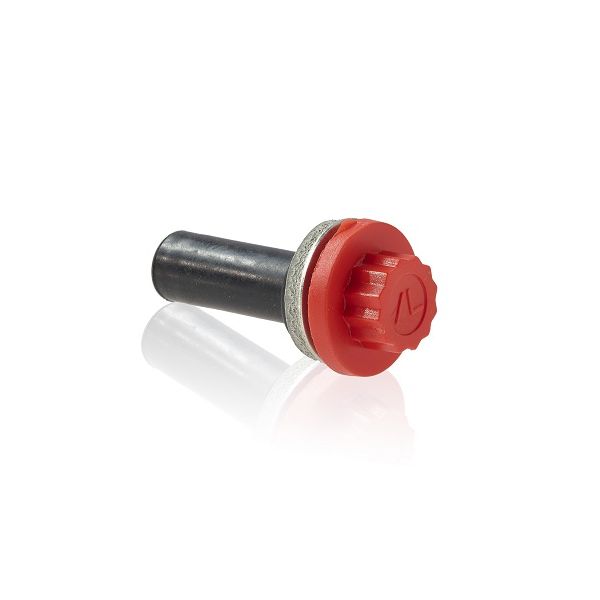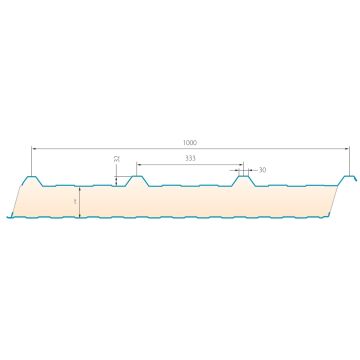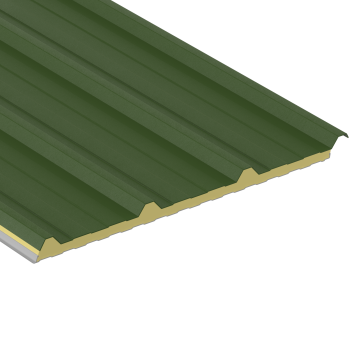25mm Long Laplock with Poppy Red 04E53 11mm Bi Hex Colour Coded Head Pack of 100

- Buy 9.99 for £53.10 £44.25 each and save 10%
Technical Specifications
- Length - 25mm
- Materials - Galvanised screw with black rubber sleeve
- Washer - 19mm Neoprene washer
- Head - 11mm Bi Hex RED plastic coated
- Laplock Fixings are used when you are securing overlaps from a rooflight to either Steel or Fibre Cement roofing sheets.
- They can also be used to stitch some fibre cement accessories to the sheeting in situations where you are unable to pick up on the main supports.
- The fixing point must be Pre-Drilled before inserting the Laplock into the hole, you then tighten the top of the 11mm Bi Hex head which expands the rubber sleeve around the shaft, providing a firm and watertight fixing.
- 11mm Red Bi Hex Moulded Head is recommended for Building Regulations to clearly mark where a rooflight is in a system.
- These have a 19mm Bonded neoprene washer.
- They are also available individually
- High quality rubber sleeve to allow a strong, watertight seal
- Red washer and cap for increased safety on roof
- Easy to install, predrill, plug and tighten
- Rubber allows for expansion to prevent sheets cracking over time
What is a laplock?
A Laplock is a fixing with a rubber sleeve, designed to be used with a Box Profile Rooflight to secure the overlap on a GRP sheet, a laplock is a fixing with a rubber sleeve, designed to be used with a Box Profile Rooflight to secure the overlap on a GRP sheet.
Why do I need to use a laplock?
It allows for expansion and contraction, if you used a metal fitting such as stitchers, this would crack the GRP sheet around the fixing.
How are they installed?
You pre-drill the sheet with a 7mm hole, you then put the laplock into the hole and tighten the 8mm head, this will expand the rubber sleeve to close and watertight the hole.
What else do I need?
You may need an 11mm Bi Hex drill socket if you do not already, this is how you tighten the fixing
Why do these have a red cap?
Red caps are required for building regulations; however it is always best practice to use red caps with a rooflight anyway, it makes the roof more secure and marks where a rooflight is if the roof gets covered.
Find the right materials and support for your project
We can help! View our supportive help guides and videos.
Our supportive guides and help videos will help you achieve the best results. Our knowledgeable team can also offer helpful tips, and support to help you plan and purchase what you need!





